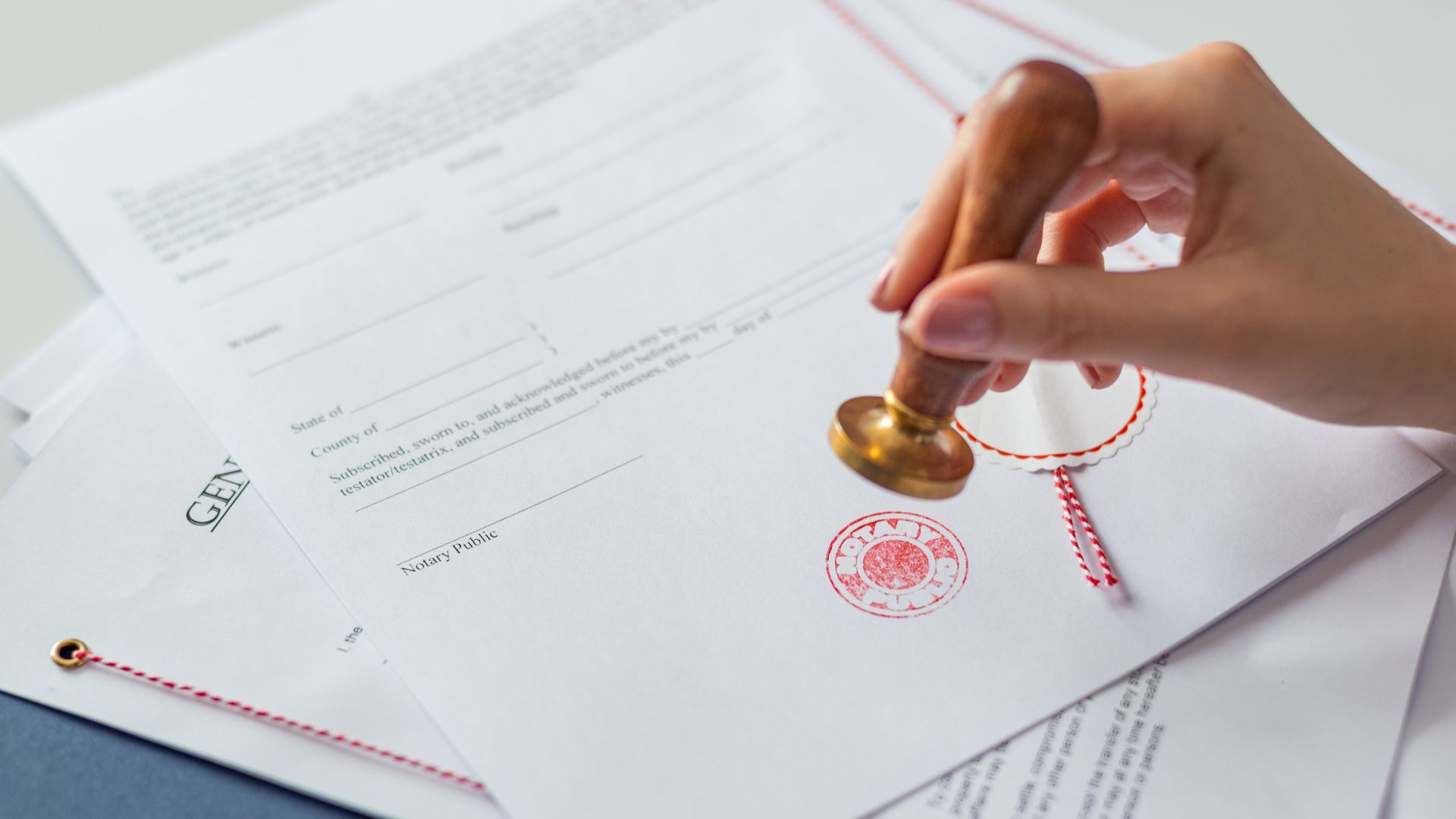Translatinglegal opinions is much more demanding than it might seem. Behind this seemingly formal document lies a concentration of legal logic, fine interpretation and terminological nuance. And when it comes to public law, the complexity intensifies.
If you're a lawyer or a legal expert in a local or central government body, you know that a legal opinion doesn't just answer a question: it commits you to a responsibility, sheds light on a decision, and can sometimes guide an entire strategy.
A document with high decision-making value
A legal opinion issued by a law firm or legal department is often used to :
- justify the award of a public contract,
- validate an aid or subsidy mechanism,
- secure a public service delegation,
- anticipate the risk of litigation,
- frame a partnership between public and private players.
These opinions may be produced in the context of sensitive procedures, before courts of law or administrative authorities, or in the context of exchanges with non-French-speaking partners. This is where translation comes in.
Why translation cannot be literal
Translating a legal opinion means reproducing a line of reasoning, with all its subtleties, in another legal language. This requires :
- transcribe conditional, nuanced and often cautious formulations,
- restore references to concepts that are sometimes specific to French administrative law,
- adapt expressions to make them comprehensible to jurists from other legal cultures,
- maintain the balance between neutrality of tone and precision of terms.
A non-specialized translator risks losing key elements along the way, weakening the argumentative thrust of the text, or even producing an ambiguous or inaccurate version. All of which could undermine the comprehensibility - or credibility - of the analysis presented.
Case study: a regional authority faced with a foreign partner
Let's take the case of a French region wishing to enter into an agreement with a foreign public entity for the co-financing of a cross-border project. Its legal department requests a legal opinion on the agreement's compatibility with European state aid rules.
This notice must then be communicated to the partner's lawyers, who do not read French. The translation must :
- make concepts such as "linked jurisdiction", "principle of free administration" and "analogous control" accessible,
- use solid equivalents for technical legal expressions,
- reflect reasoning without distortion.
In this context, the involvement of a legal translator trained in public law and familiar with the workings of administrative law and European mechanisms is essential.
The Legal 230 approach: rigor, specialization, consistency
Legal 230 can provide you with specialized translators who are experts in the fields of public aid, administrative contracts, litigation before administrative courts and legal arrangements between public entities.
Each translation of alegal opinion is processed according to a rigorous methodology: context study, reference analysis, terminology harmonization and, if necessary, post-editing by a native lawyer.
We know that even the slightest lack of clarity can create a risk. That's why we work exclusively with legal texts, adapting each translation to your specific needs.
Don't let translation dilute your legal expertise
Your legal opinions are documents of analysis, substance and strategy. Their impact depends on their clarity, solidity... and linguistic accuracy. If you have to pass them on to non-French-speaking contacts, make sure they are translated as accurately as their wording requires.
👉 Entrust them to translators who understand your legal issues as well as your terminology.

